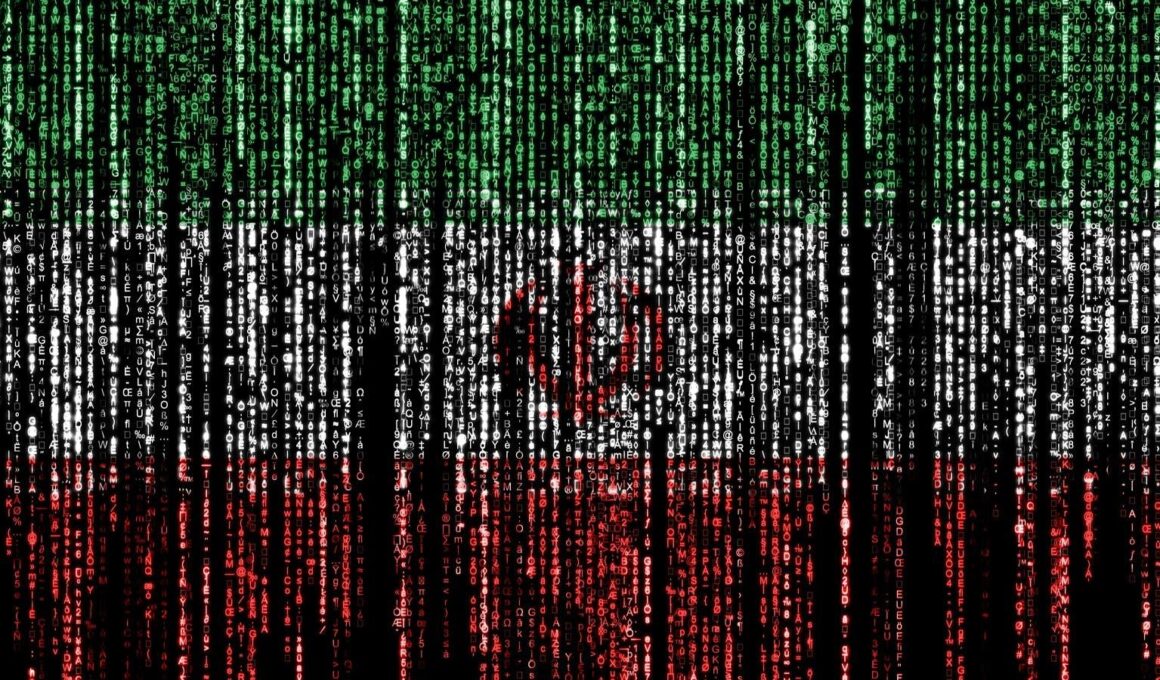Topline
Groups linked to the Iranian government are engaged in efforts to interfere in the U.S. presidential elections through large-scale online disinformation campaigns and hacking attempts targeting high-level officials, Microsoft researchers said in a report published Friday.
Iranian military backed hackers reportedly targeted a senior presidential campaign official in June. … [+]
Key Facts
According to the report, an Iranian group called Storm-2035 has launched several fake news websites targeting voters both on the left and the right with “polarizing messaging on issues such as the US presidential candidates, LGBTQ rights, and the Israel-Hamas conflict.”
Examples of such sites highlighted by the report include one called the “Nio Thinker” which targets liberals by attacking Trump and another aimed at conservatives called “Savannah Time” which leans into LGBTQ+ issues, “particularly gender re-assignment.”
Microsoft researchers say they found evidence of these sites “using AI-enabled services to plagiarize at least some of their content from US publications,” and other AI tools to boost their reach on search engines.
Another Iran-linked group called Sefid Flood “began staging” election interference operations in March and it specializes in impersonating social and political activist groups to “sow doubt about election integrity” and inciting violence against political figures, among other things.
Get Forbes Breaking News Text Alerts: We’re launching text message alerts so you’ll always know the biggest stories shaping the day’s headlines. Text “Alerts” to (201) 335-0739 or sign up here.
Tangent
Microsoft also found the election interference campaign involved hacking done by groups linked to the Islamic Revolutionary Guard Corps (IRGC). In June, the IRGC-backed hacking group Mint Sandstorm sent a spear-phishing email to a high-ranking official of an unnamed presidential campaign using the compromised email ID of a former senior advisor. Spear-phishing is a targeted attack aiming to steal sensitive information by getting the victim to open a malicious link or file. In this instance, the phishing email included a fake hyperlink that would direct the target to a domain controlled by the hacker, before sending him to the actual website mentioned in the link. Mint Sandstorm also unsuccessfully attempted to access an account belonging to an unnamed former presidential candidate. In May, another IRGC-linked hacker group, Peach Sandstorm, compromised a user account at a county-level government in a swing state. The report notes that the compromised account only had minimal access permission and the researchers did not observe any privilege escalation—which would have targeted more sensitive accounts or data. In May, another IRGC-linked hacker group, Peach Sandstorm, compromised a user account at a county-level government in a swing state.
News Peg
Earlier this year, Microsoft reported that both Russia and China were using online disinformation to create division in the U.S. and influence the outcome of the presidential election. The company’s researchers found fake social media accounts run by actors with links to the Chinese Communist Party were using online polls to understand issues that strongly divide American voters. Chinese actors also reportedly used AI-generated content to sow political division among U.S. voters. Microsoft found several were trying to influence the elections by using “a mix of themes from 2020 with a renewed focus on undermining US support for Ukraine.”
Further Reading
Microsoft finds Russian influence operations targeting U.S. election have begun (Reuters)









